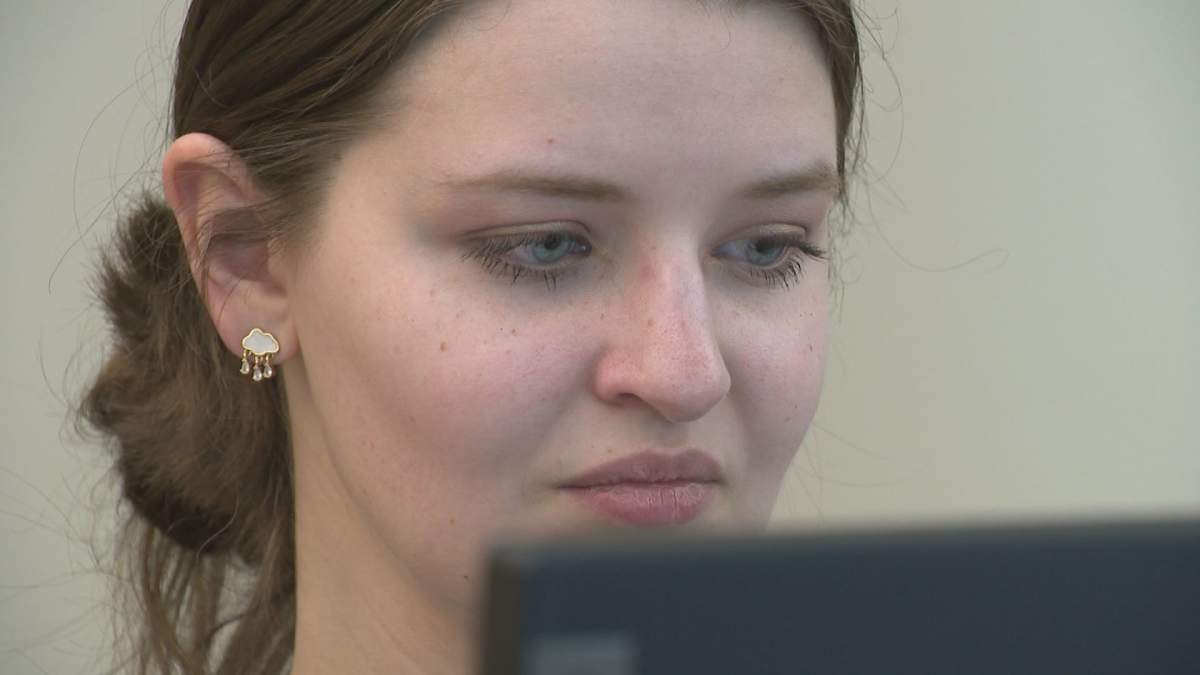The First Nations University of Canada (FNUniv) is launching the first four-year Indigenous journalism and communication degree in North America.

The Bachelor of Arts in Indigenous Journalism and Communication Arts blends multimedia training with the study of Indigenous issues and languages.
“The degree is unique and long overdue,” Dr. Jacqueline Ottmann, FNUniv president said. “We need Indigenous voices and perspectives to tell our stories accurately and respectfully.”
The university currently offers a two-year diploma in Indigenous Communication Arts (INCA). The diploma program was introduced almost 40 years ago.
Students from that program will transition into the Bachelor of Arts program by September.
According to Shannon Avison, an associate professor of Indigenous Communication Arts programs, the graduates are in high demand.
“The demand for Indigenous journalists and communication professionals has never been greater,” Avison said. “We get calls every day from organizations seeking interns and graduates.”
According to a study by INCa, they found 80 per cent of media managers plan to increase Indigenous-focused hiring in the next five years. “Having a degree will equip students with the academic credentials and the core competencies needed for these careers,” said Avison.

Get breaking National news
Brittany Poitras currently runs a radio show at FNUniv as part of the INCA program. She said she is incredibly excited for the more extensive program and degree.
“Journalism is just so important and an integral part of our society and taking this course is so important,” Poitras said. (The FNUniv) is such a supportive learning environment grounded in Indigenous values.”
Hannah Scott is a third-year Faculty of Arts student at the University of Regina. But with the new degree being offered, she is hoping to make the move and declare Indigenous Journalism and Communication Arts as her degree major, after taking several INCA classes over the past two years.
“All students can benefit from Indigenous-focused learning,” she said. “Reconciliation is a team effort. Everyone is really kind and excited to work with one another no matter their background.”
As part of the announcement, increased funding was also introduced. To support the program, the extra funding includes $121,000 annually for five years from the Mastercard Foundation, $100,000 annually from the Inspirit Foundation over three years, and an anticipated $10,000 in internship support during the program’s inaugural year from J-Schools Canada/Écoles-J Canada and the Google News initiative.







Comments
Want to discuss? Please read our Commenting Policy first.